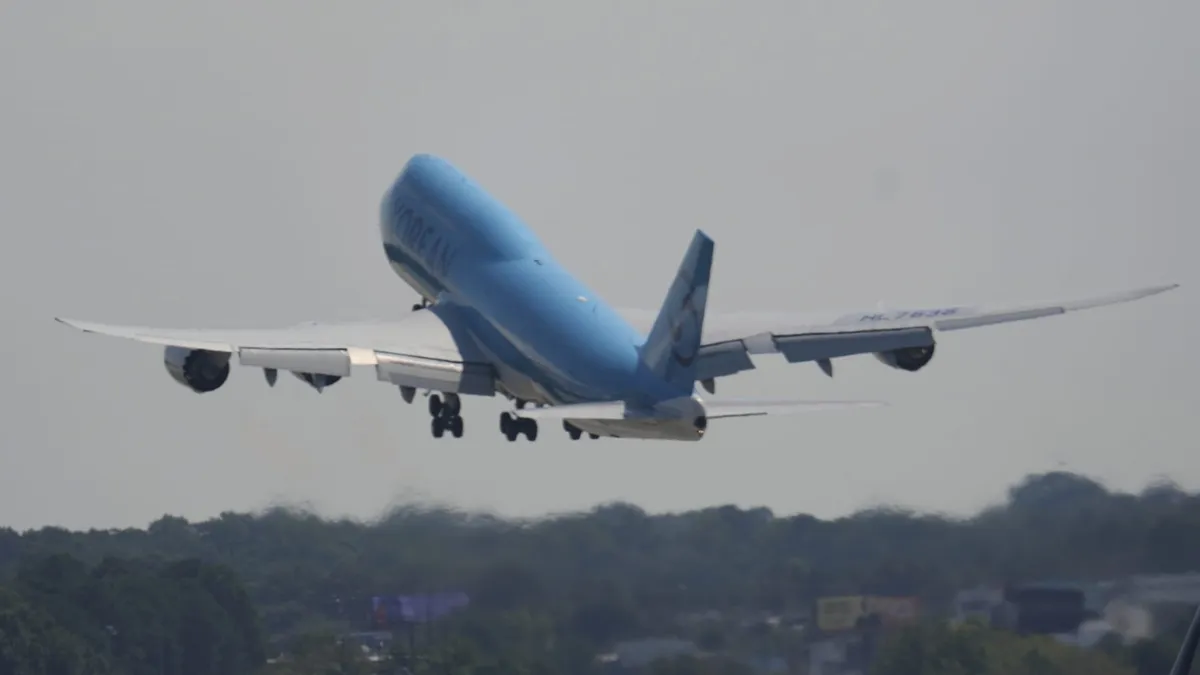
A recent immigration raid at a Hyundai-LG Energy Solution battery plant in Georgia has led to significant diplomatic tensions between the United States and South Korea. On Thursday, a chartered plane departed from Hartsfield–Jackson Atlanta International Airport, carrying over 300 detained workers back to South Korea. This operation highlights the ongoing challenges related to U.S. immigration policies and the implications for international businesses.
Last week, U.S. Immigration and Customs Enforcement (ICE) executed a search warrant at the battery plant located in Ellabell, Georgia. This raid resulted in the detention of numerous workers, primarily South Koreans, who were found to be working or residing in the country without legal status. According to South Korea's Foreign Ministry, the majority of the detainees on the chartered flight were Korean nationals, with 14 additional foreign employees from South Korean companies also included.
The South Korean government has responded vigorously to the situation, launching a whole-of-government initiative to assist the affected workers and their families. South Korea's Foreign Ministry has assured the public that efforts will continue until all Korean nationals are safely returned home. Most of the detainees have opted for voluntary departure on the flight, indicating the complex nature of the situation.
This immigration raid has raised concerns within the business community, particularly regarding the impact on the ongoing construction of the battery plant. Hyundai CEO Jose Munoz stated that the incident would likely delay operations by at least two to three months. He expressed surprise at the immigration action, noting that utilizing specialized labor is standard practice during the construction phase of such facilities.
Munoz emphasized the difficulty of finding skilled labor necessary for these projects in the U.S., underscoring the reliance on foreign expertise. The CEO's comments reflect broader issues related to labor shortages in specialized fields, which are crucial for the advancement of technology and infrastructure in the country.
In light of the recent events, South Korea's Foreign Ministry has indicated that it is working to foster better cooperation with U.S. authorities on visa-related issues. This collaboration aims to prevent similar incidents in the future and ensure that foreign workers can contribute effectively to projects that are vital to both economies.
The developments surrounding the Hyundai-LG Energy Solution battery plant illustrate the complexities of international labor dynamics and the need for clear communication between governments. As both nations navigate this diplomatic challenge, the focus remains on ensuring the safe return of workers and addressing the underlying issues related to immigration policy.